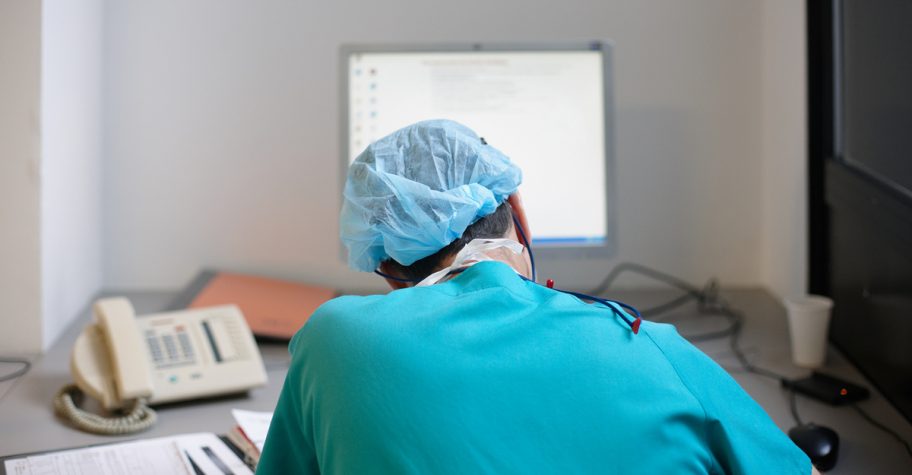Published June 2016

A significant contributor to stress and ill health is feeling overloaded and overwhelmed by competing claims on your time. Are there ever enough hours in the day?
How well you manage your time can have a direct impact on personal and professional relationships. Do you have enough time for your family, friends, work colleagues or the patients you care for? Do you have enough time for yourself?
Time management means:
- Working smarter
- Emphasising effectiveness (getting the right things done) over efficiency (getting things done the right way)
- Treating your work time as a precious limited resource
- Recognising that one minute spent on planning saves four minutes in execution
- Managing yourself and the way you use time
- Achieving greater satisfaction and success at work
- Providing you with time to do the things you really want to do, including relaxing
- Less stress
- Fewer mistakes.
Tips
- Make a daily To-Do-List before the inevitable distractions of the day occur and prioritise the tasks you need to do. Seek help if an urgent matter seems overwhelming or difficult. Alternatively, split it into smaller manageable tasks
- Classifying things to do on a 2 x 2 matrix of URGENT and IMPORTANT is useful
- Establish a structure to a consultation with checklists, systems and procedures for documentation, referral and follow up. We can make better use of time if we structure it
- Eliminate unnecessary or unduly lengthy meetings
- Group tasks such as returning phone calls, answering email, sending memos, etc. BUT NOT medical notes of a consultation which must be recorded at the time of the consultation
- Minimise down time. Reorganise large tasks as small tasks (eg. Keep with you a journal you need to read, carry a voice recorder for dictating notes)
- Learn to make use of electronic tools efficiently
- Manage paper work by controlling the flow and by keeping it moving. Have an in-tray (away from the desk to avoid distraction) and an out-tray and a waste paper bin (both next to the desk)
- Manage interruptions. Prevent them by scheduling a contact time or minimise them by setting a time limit
- Manage phone calls by scheduling a time to make and receive non urgent calls. Organise yourself before dialling, keep the call relevant and leave informed messages with a contact time
- Consider what is a realistic daily patient load for you – consider carefully how much time you need to take a good history, make an assessment, formulate a treatment plan, give advice and make notes – if in doubt, speak with your medical colleagues – ideally, you would avoid having others set what a realistic patient load is for you
- Establish a good filing system
- Keep a diary with you at all times. Using a diary is a critical time tool
- Take a break and re-energise.
Ask yourself: “What is the best use of my time just now?”
Overtime tips¹
- Ask for help and vice versa. If you’re not too busy, ask the other person if they need help; what goes around, comes around.
- Buddy up: talk with your colleagues about how you can share tasks on shifts. That way you have company and are less isolated.
- Take regular meal breaks! If you are hungry and tired, you will be less efficient.
Tips for nightshift²
- Work out a good pattern of sleep for before your first night shift, between your shifts and afterwards, and do what you can to stick to it
- Eat well, so you have enough sustenance to get through your shift and to get home afterwards
- Think carefully about how you get home after your shift, so you don’t put yourself at risk of an accident
- Work out ways you can ensure you get good sleep and downtime when at home, particularly in terms of quietness and distractions.
Risk management strategies
MIGA has invested in doctors’ health as a risk-mitigation strategy and supports the health of its doctor members with:
- A significant annual 10% premium discount for doctors who undertake a comprehensive, evidence based medical health check-up and participate in an interactive Doctors’ Health workshop or activity
- Quality face-to-face and online risk management education that focuses on the health and wellness of doctors
- 24 hour support for medico-legal issues
- Collaboration with existing doctors’ health service providers to access a personal physician
- Peer and mental health support programs for our members experiencing complaints and claims.
